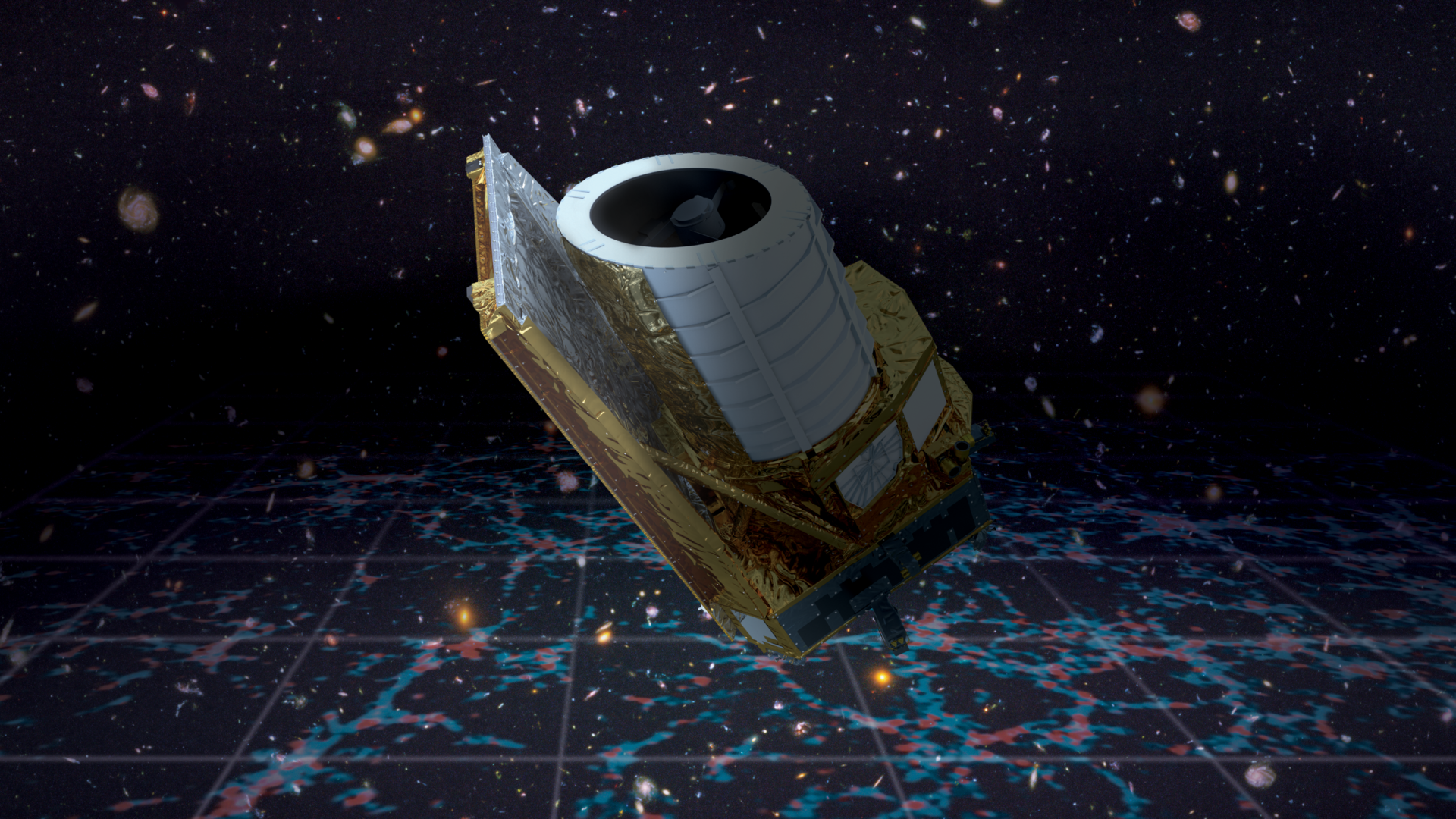Europe's Euclid space telescope facing intermittent problem with fine guidance system

The European Space Agency's Euclid spacecraft is grappling with an issue affecting the reliability of the fine guidance system (FGS). The issue was uncovered during commissioning and the mission operators are working intensively to resolve it.
Euclid embarked on a mission to unravel the mysteries of the universe's expansion on July 1, 2023. The spacecraft lifted off on a SpaceX Falcon 9 rocket from Cape Canaveral Space Force Station in Florida.
The Dark Universe explorer is equipped with a Fine Guidance Sensor that aids in precisely pointing the telescope in the desired direction.FGS has optical sensors that image the sky on the sides of the field of view of the visible instrument (VIS).
The sensor uses guide stars to precisely point to a direction. The spacecraft's Attitude and Orbit Control System (AOCS) then uses this data to orient and maintain the telescope's precise pointing.
During the commissioning phase, the mission team rigorously tested FGS and AOCS. However, last week, during the execution of the first activities of the performance verification (PV) phase, FGS failed to deliver and sustain accurate pointing. This issue, while intermittent, occurs with sufficient frequency to warrant immediate attention. Under specific circumstances, the FGS did not provide reliable guidance data, posing challenges for the spacecraft's onboard software, the agency said in a statement on Friday.
📨 Latest updates from the #DarkUniverse 🕵️detective are in🗓️ 25 August🎯 The team is working to resolve an intermittent problem with Euclid's fine guidance system. As a result, the science test-drive phase was paused to perform software updates 👉 https://t.co/7aLs4CKZC0 pic.twitter.com/YDnSS8Lypy
— ESA's Euclid mission (@ESA_Euclid) August 25, 2023
Euclid's operation team has decided to suspend the PV phase temporarily and revert to operating the spacecraft in commissioning mode. In the coming days, the team will focus on the development and rigorous testing of new software updates.
"ESA and industry experts have now developed a temporary solution to identify problematic FGS messages and allow the AOCS to control the orientation correctly. Another team is working in parallel to permanently solve the reliability of the FGS," said Giuseppe Racca, Euclid Project Manager, who is optimistic that the PV operations will be resumed soon.










